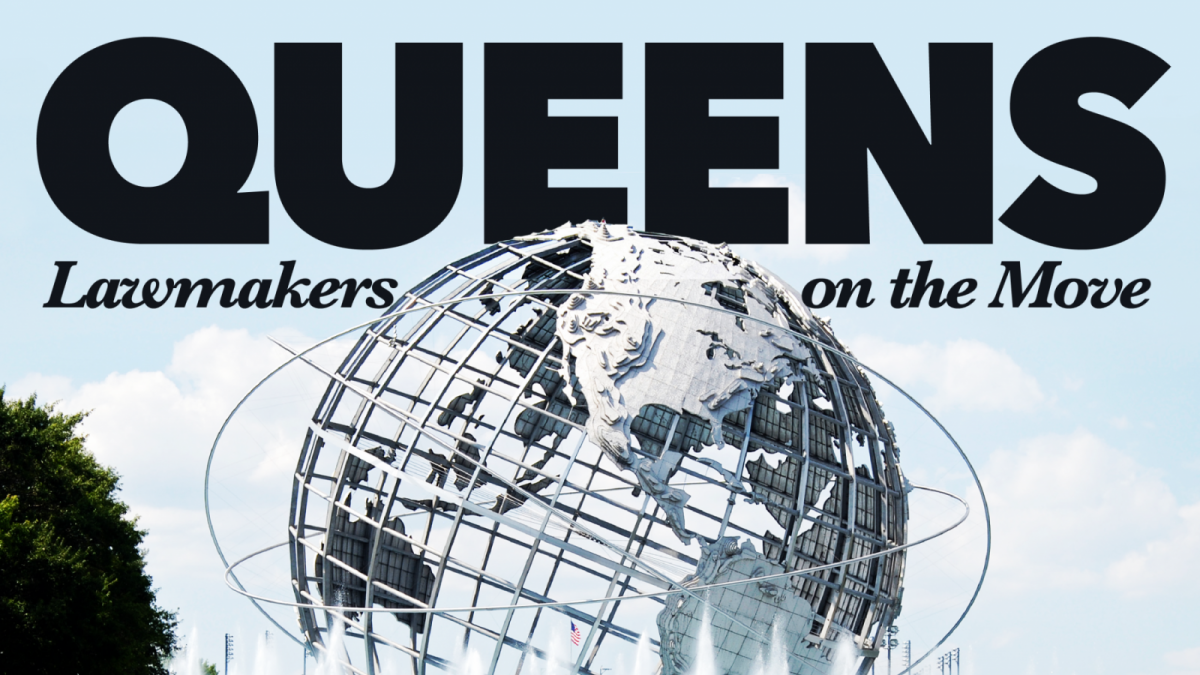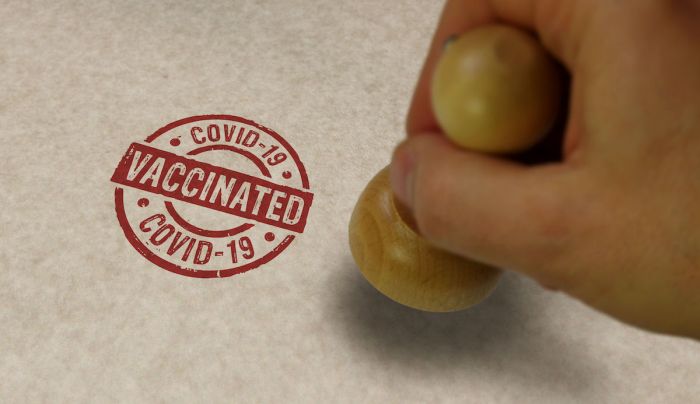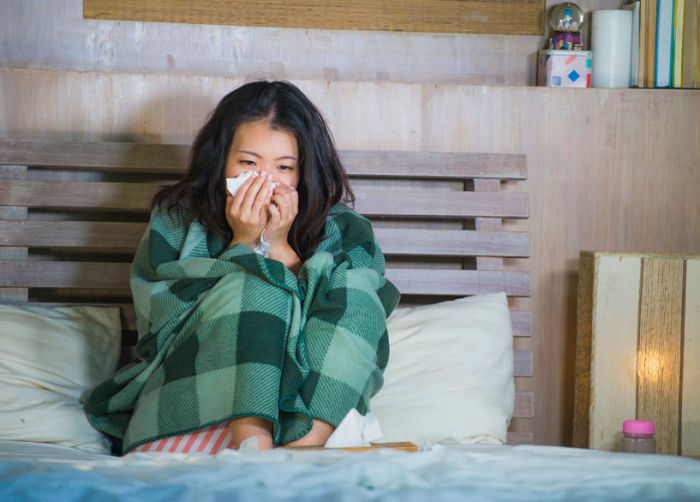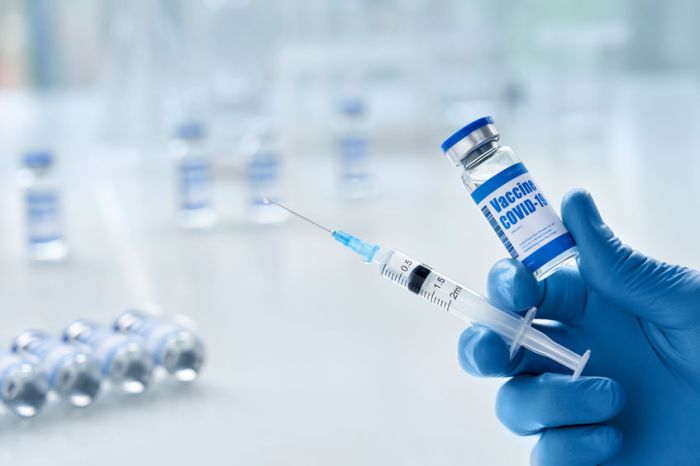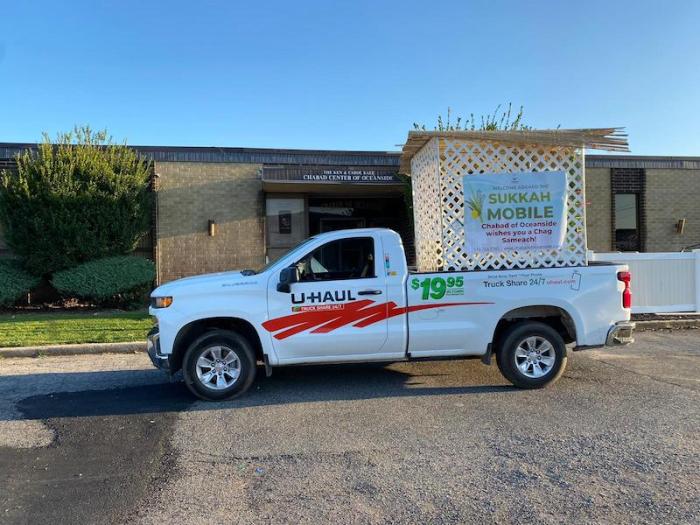Vallone Co-Hosts Joint Committee Hearing on COVID-19 Response

City Councilmember Paul Vallone (D-Auburndale, Bay Terrace, Bayside, Beechhurst, College Point, Douglaston, Flushing, Little Neck, Malba, Whitestone), Chair of the Committee on Economic Development, is co-hosting a joint hearing on Thursday with the chairs of the Committee on Contracts and the Committee on Governmental Operations.
The committees will discuss the city’s procurement of PPE for the ongoing coronavirus pandemic and future pandemics. They will also discuss legislation that would establish a special inspector to review contracts entered into in response to the pandemic. See the agenda for more information.
The hearing will be held remotely at 10 a.m. in Virtual Room 2.
Moya Hosts Land Use Hearing
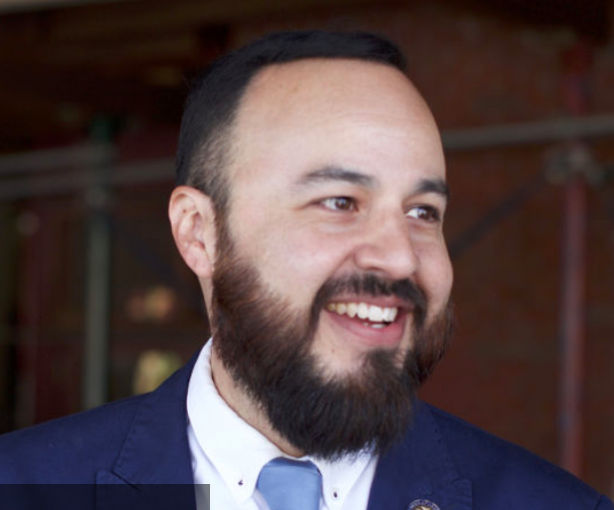
City Councilmember Francisco Moya (D-East Elmhurst, Elmhurst, Jackson Heights, and Corona in Queens, including Flushing Meadows Corona Park, Lefrak City and LaGuardia Airport), Chair of the Subcommittee on Zoning and Franchises, is hosting a hearing on land use on Thursday.
The hearing will discuss the rezoning of 110-40 Saultell Avenue in Corona. See the agenda for details.
The remote hearing will be held at 10 a.m. in Virtual Room 3.
Koo Holds Oversight Hearing on Access to Green Space
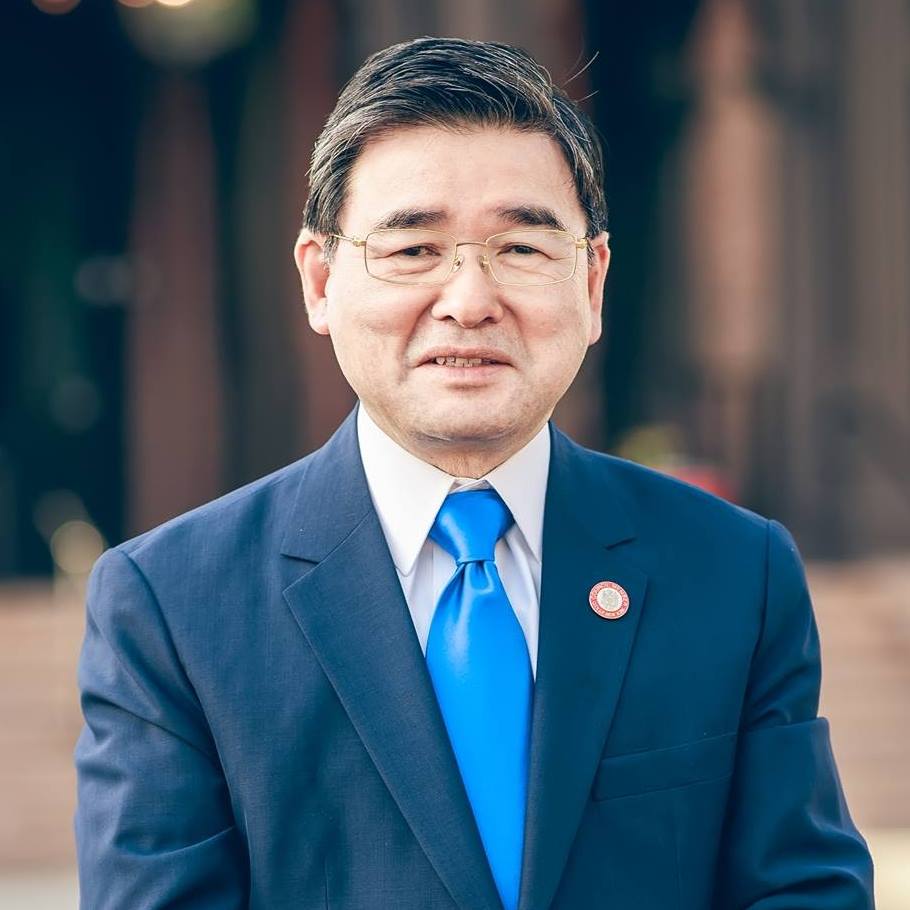
City Councilmember Peter Koo (D-Downtown Flushing, Murray Hill, Queensboro Hill), Chair of the Committee on Parks and Recreation, is hosting an oversight hearing on improving the equity of green space throughout the city in light of the COVID-19 pandemic.
See the agenda for more details.
The remote hearing will take place on Thursday at 1 p.m. in Virtual Room 1.
De Blasio Releases Initial COVID-19 Vaccine Framework
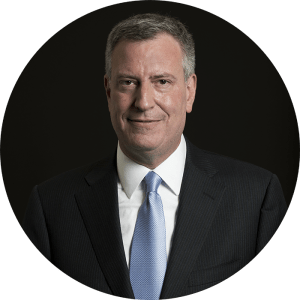
Mayor Bill de Blasio and his administration announced on Wednesday an initial COVID-19 vaccine framework as the city moves forward with its vision for an equitable, health-focused economic recovery.
The city will work with the state to guarantee maximum distribution of a safe, effective, and free vaccine, with an emphasis on communities hardest hit by the pandemic.
Over the next two months, the city will engage public health stakeholders and community groups across the city’s hospitals, clinics, FQHCs, independent pharmacies, urgent cares, and independent providers to ensure broad and equitable access to a vaccine citywide.
“In the absence of federal leadership, New York City is stepping up to ensure a safe and effective vaccine for all New Yorkers,” said de Blasio. “With public health at the forefront, we are moving full steam ahead to rebuild our city, guaranteeing a healthier and more equitable future for all New Yorkers.”
Phase one of distribution—to be available as early as November—will provide a limited number of doses primarily reserved for healthcare personnel, frontline workers, and other vulnerable groups. To prepare for this initial rollout, the city is actively enrolling providers in the Department of Health and Mental Hygiene’s Citywide Immunization Registry, focusing first on hospitals and then on FQHCs. Over 2,500 providers are currently reporting to the registry. Through webinars and meetings, DOHMH will continue to educate providers about vaccine availability, likely priority groups, proper storage, and how to order, receive, administer, allocate, and report on the vaccine.
Phase two of distribution, which could occur as early as 2021, will see more widespread availability for the general public. To meet this increased availability, the city will ensure that there is adequate storage and capacity. The city will continue to recruit and prepare community providers, including FQHCs, pharmacies, urgent care, hospitals, NYC Health + Hospitals, DOHMH COVID-19 testing sites, and community vaccinators. Vaccine uptake will be closely and consistently tracked through the Citywide Immunization Registry, with results reported out to the public on a periodic basis. The city will also monitor for serious, adverse effects and educate providers on how to report on them. Additionally, the city will conduct its own vaccine effectiveness studies and continually follow up with a sample of New Yorkers who receive a vaccine.


